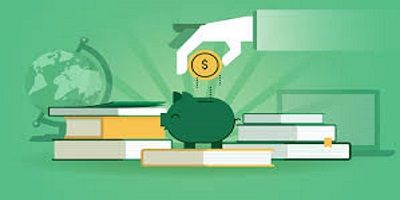Financial Education
Financial education is the process of learning about various aspects of personal finance. Money management, and financial literacy. It is designed to help individuals and communities acquire knowledge. And skills necessary to make informed financial decisions. Plan for their financial future, and achieve their financial goals. Financial education covers a wide range of topics. And can be tailored to different levels of financial expertise. From basic budgeting to more complex investment strategies.
Key components of financial education include:
- Budgeting: Learning how to create and manage a budget to track income, expenses, and savings.
- Saving and Investing: Understanding the importance of saving money and exploring investment options to grow wealth over time.
- Debt Management: Learning how to manage and reduce debt, including credit card debt, student loans, and mortgages.
- Financial Planning: Developing a long-term financial plan that includes goals like retirement planning, buying a home, or saving for education.
Read More Components…
- Risk Management: Understanding various types of insurance. Such as health insurance, life insurance, and property insurance. To protect against unexpected financial setbacks.
- Taxation: Gaining knowledge of basic tax principles and strategies for minimizing tax liabilities.
- Financial Literacy: Improving overall financial knowledge and understanding of financial concepts. Such as compound interest, inflation, and diversification.
- Consumer Rights and Responsibilities: Knowing one’s rights and responsibilities as a consumer, including understanding contracts, credit agreements, and financial regulations.
Last Words
Financial education can be delivered through various means. Including formal edu in schools, workshops, seminars, online courses, personal finance books, and financial counseling services. Governments, financial institutions, nonprofit organizations, and community groups often provide resources and programs to promote financial ed and literacy, recognizing its importance in helping individuals make sound financial decisions and achieve financial stability.
